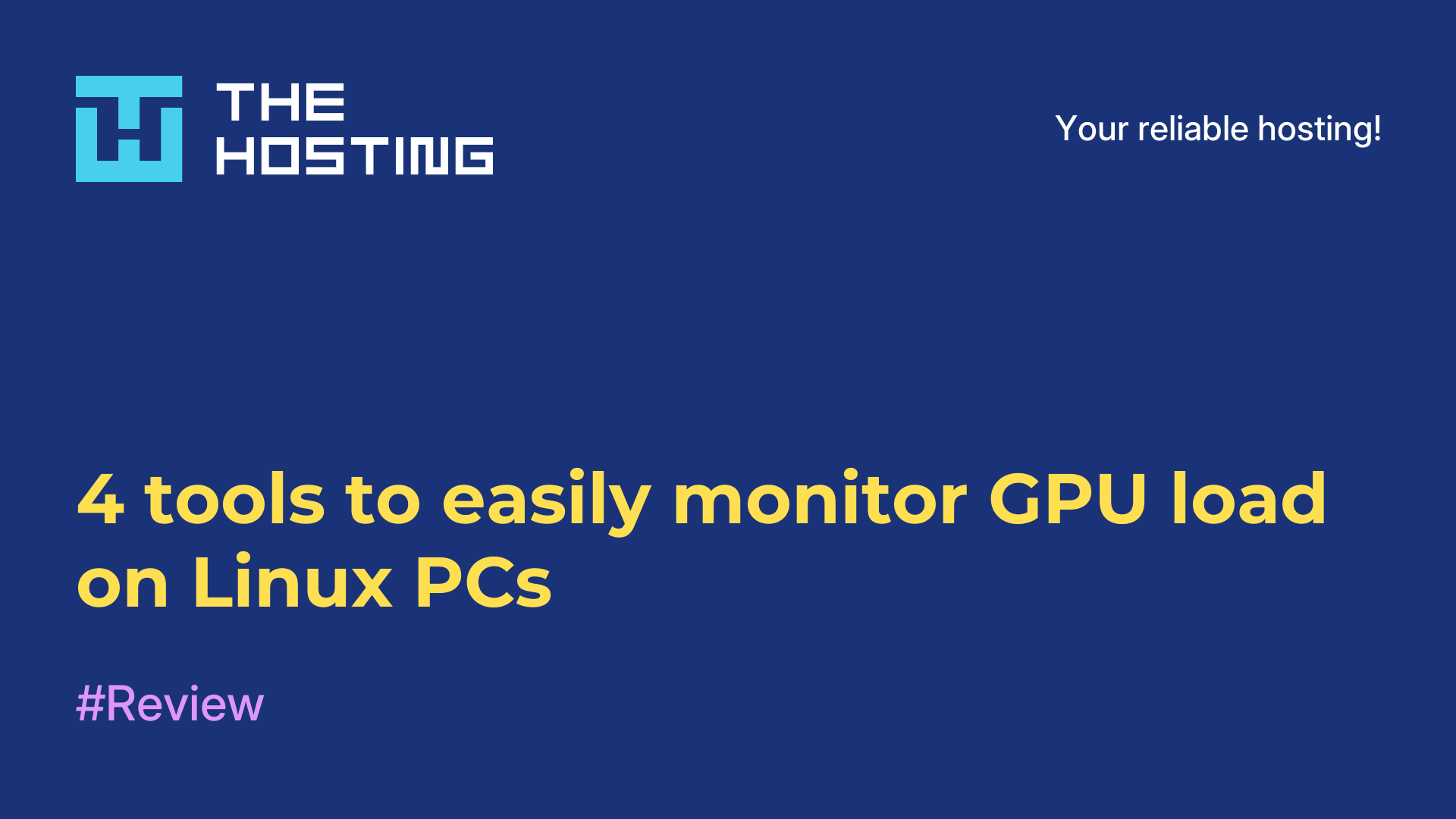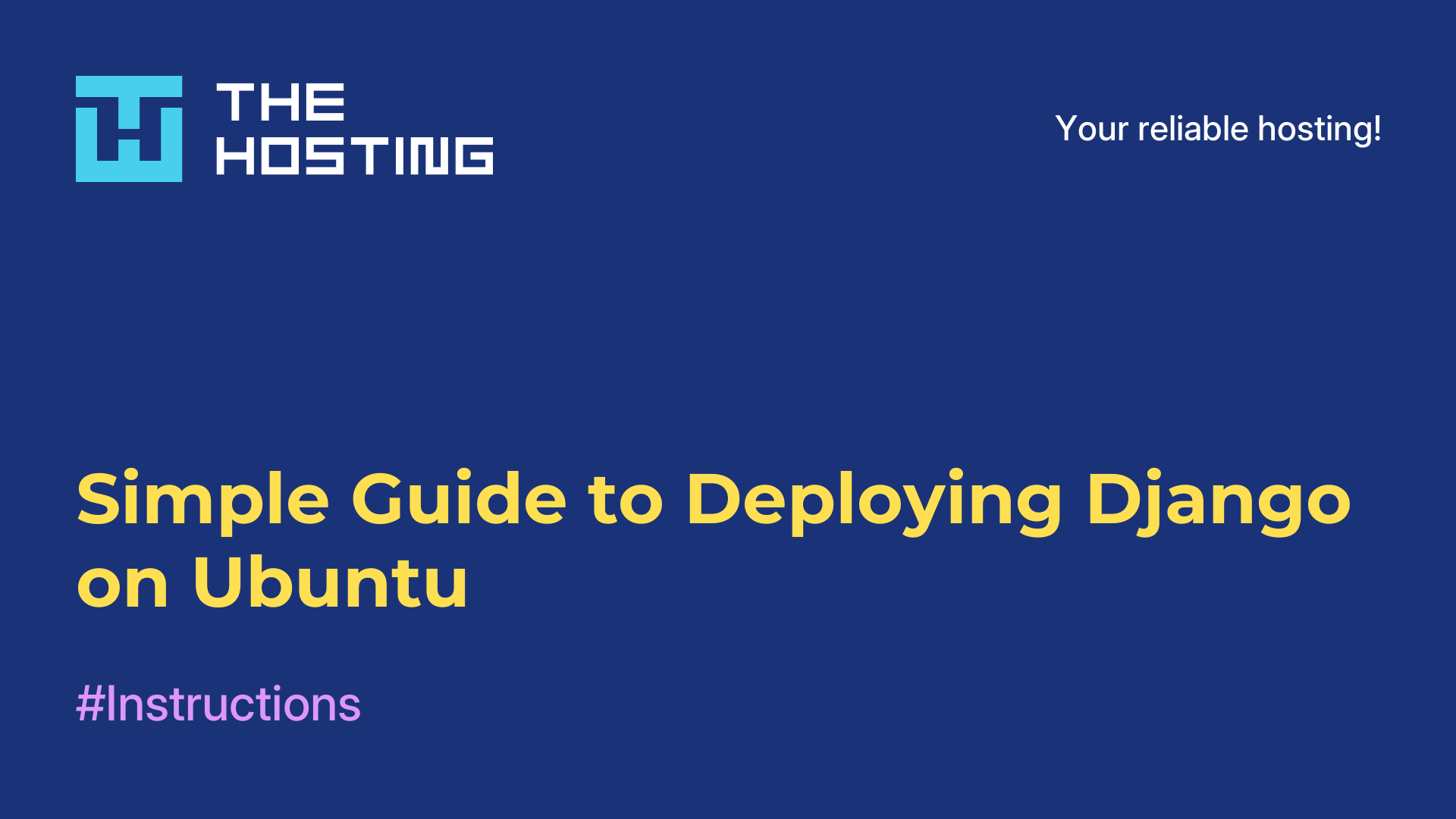-
Netherlands – 10 Gbps
-
United Kingdom – 10 Gbps
-
Germany – 10 Gbps
-
Hong Kong
-
Israel – 10 Gbps
-
Canada
-
Latvia – 10 Gbps
-
Moldova – 10 Gbps
-
Slovakia – 10 Gbps
-
USA – 10 Gbps
-
Ukraine – 10 Gbps
-
Czech Republic – 10 Gbps
-
Turkey – 10 Gbps
-
Poland – 10 Gbps
-
Bulgaria – 10 Gbps
-
Romania – 10 Gbps
-
Italy – 10 Gbps
-
Finland – 10 Gbps
-
Hungary – 10 Gbps
-
Portugal – 10 Gbps
-
Sweden – 10 Gbps
-
Switzerland – 10 Gbps
-
Kazakhstan
-
Serbia – 10 Gbps
-
Ireland – 10 Gbps
-
France – 10 Gbps
-
Spain – 10 Gbps
-
Greece – 10 Gbps
-
Lithuania – 10 Gbps
-
Estonia – 10 Gbps
-
Denmark – 10 Gbps
-
Austria – 10 Gbps
-
Norway – 10 Gbps
-
Belgium
-
Iceland – 10 Gbps
-
Brazil – 10 Gbps
-
Japan – 10 Gbps
-
Slovenia – 10 Gbps
-
North Macedonia – 10 Gbps
-
Armenia – 10 Gbps
-
Croatia – 10 Gbps
-
Luxembourg – 10 Gbps
-
Korea – 10 Gbps
-
Liechtenstein – 10 Gbps
-
Albania – 10 Gbps
-
New Zealand – 10 Gbps
-
Chile – 10 Gbps
-
Malaysia – 10 Gbps
-
India
-
Bosnia and Herzegovina
-
Australia – 10 Gbps
VPS/VDS hosting in Mali (Bamako)

-
CPUIntel Xeon E5-2697A v4vCore x1
-
RAM1 GB RAM ECC
-
Disks25 GB NVMe
-
Port
The speed of the common channel to each server node, the unwarranted speed of the VPS tariff.
The higher the VPS tariff, the faster the bandwidth.
10 Gbps -
IPv4 - 1 шт.
v6 - /64 - 1 € -
VirtualizationKVM
-
TrafficUnlimited
-
Operating Systems
-
-
Control panels
-

-
CPUIntel Xeon E5-2697A v4vCore x2
-
RAM2 GB RAM ECC
-
Disks40 GB NVMe
-
Port
The speed of the common channel to each server node, the unwarranted speed of the VPS tariff.
The higher the VPS tariff, the faster the bandwidth.
10 Gbps -
IPv4 - 1 шт.
v6 - /64 - 1 € -
VirtualizationKVM
-
TrafficUnlimited
-
Operating Systems
-
-
Control panels
-

-
CPUIntel Xeon E5-2697A v4vCore x2
-
RAM4 GB RAM ECC
-
Disks60 GB NVMe
-
Port
The speed of the common channel to each server node, the unwarranted speed of the VPS tariff.
The higher the VPS tariff, the faster the bandwidth.
10 Gbps -
IPv4 - 1 шт.
v6 - /64 - 1 € -
VirtualizationKVM
-
TrafficUnlimited
-
Operating Systems
-
-
Control panels
-

-
CPUIntel Xeon E5-2697A v4vCore x4
-
RAM6 GB RAM ECC
-
Disks70 GB NVMe
-
Port
The speed of the common channel to each server node, the unwarranted speed of the VPS tariff.
The higher the VPS tariff, the faster the bandwidth.
10 Gbps -
IPv4 - 1 шт.
v6 - /64 - 1 € -
VirtualizationKVM
-
TrafficUnlimited
-
Operating Systems
-
-
Control panels
-

-
CPUIntel Xeon E5-2697A v4vCore x4
-
RAM8 GB RAM ECC
-
Disks90 GB NVMe
-
Port
The speed of the common channel to each server node, the unwarranted speed of the VPS tariff.
The higher the VPS tariff, the faster the bandwidth.
10 Gbps -
IPv4 - 1 шт.
v6 - /64 - 1 € -
VirtualizationKVM
-
TrafficUnlimited
-
Operating Systems
-
-
Control panels
-

-
CPUIntel Xeon E5-2697A v4vCore x6
-
RAM10 GB RAM ECC
-
Disks100 GB NVMe
-
Port
The speed of the common channel to each server node, the unwarranted speed of the VPS tariff.
The higher the VPS tariff, the faster the bandwidth.
10 Gbps -
IPv4 - 1 шт.
v6 - /64 - 1 € -
VirtualizationKVM
-
TrafficUnlimited
-
Operating Systems
-
-
Control panels
-

-
CPUIntel Xeon E5-2697A v4vCore x8
-
RAM12 GB RAM ECC
-
Disks150 GB NVMe
-
Port
The speed of the common channel to each server node, the unwarranted speed of the VPS tariff.
The higher the VPS tariff, the faster the bandwidth.
10 Gbps -
IPv4 - 1 шт.
v6 - /64 - 1 € -
VirtualizationKVM
-
TrafficUnlimited
-
Operating Systems
-
-
Control panels
-

-
CPUIntel Xeon E5-2697A v4vCore x10
-
RAM14 GB RAM ECC
-
Disks170 GB NVMe
-
Port
The speed of the common channel to each server node, the unwarranted speed of the VPS tariff.
The higher the VPS tariff, the faster the bandwidth.
10 Gbps -
IPv4 - 1 шт.
v6 - /64 - 1 € -
VirtualizationKVM
-
TrafficUnlimited
-
Operating Systems
-
-
Control panels
-

-
CPUIntel Xeon E5-2697A v4vCore x16
-
RAM16 GB RAM ECC
-
Disks210 GB NVMe
-
Port
The speed of the common channel to each server node, the unwarranted speed of the VPS tariff.
The higher the VPS tariff, the faster the bandwidth.
10 Gbps -
IPv4 - 1 шт.
v6 - /64 - 1 € -
VirtualizationKVM
-
TrafficUnlimited
-
Operating Systems
-
-
Control panels
-

-
CPUIntel Xeon E5-2697A v4vCore x20
-
RAM24 GB RAM ECC
-
Disks310 GB NVMe
-
Port
The speed of the common channel to each server node, the unwarranted speed of the VPS tariff.
The higher the VPS tariff, the faster the bandwidth.
10 Gbps -
IPv4 - 1 шт.
v6 - /64 - 1 € -
VirtualizationKVM
-
TrafficUnlimited
-
Operating Systems
-
-
Control panels
-

-
CPUIntel Xeon E5-2697A v4vCore x24
-
RAM32 GB RAM ECC
-
Disks410 GB NVMe
-
Port
The speed of the common channel to each server node, the unwarranted speed of the VPS tariff.
The higher the VPS tariff, the faster the bandwidth.
10 Gbps -
IPv4 - 1 шт.
v6 - /64 - 1 € -
VirtualizationKVM
-
TrafficUnlimited
-
Operating Systems
-
-
Control panels
-

-
CPUIntel Xeon E5-2697A v4vCore x32
-
RAM64 GB RAM ECC
-
Disks510 GB NVMe
-
Port
The speed of the common channel to each server node, the unwarranted speed of the VPS tariff.
The higher the VPS tariff, the faster the bandwidth.
10 Gbps -
IPv4 - 1 шт.
v6 - /64 - 1 € -
VirtualizationKVM
-
TrafficUnlimited
-
Operating Systems
-
-
Control panels
-
- IPv4 - 2 euros / month
- Ispmanager 6
- VestaCP - Free
- Virtualmin - Free
- Hestia - Free
- CyberPanel - Free
Between Algeria, Burkina Faso, Niger, Senegal, and Guinea, Mali acts as a “transit hub" connecting the coastal Internet architecture with the interior of the continent. That is why hosting a virtual server in Mali is not about “making it happen”, but about a balanced infrastructure solution.
Where it doesn't make noise, but it works
If there are countries where the Internet is buzzing like an overloaded transformer, then Mali is more like an analog tube amplifier: quieter, cleaner, warmer. There are no overloaded data centers in this country, no spammers, and no mass IP rental market. VPS in Bamako operates in an environment where every megabit is worth its weight in gold, and every configuration is like a piece assembly.
Silence is the competitive advantage. Your server here is one of a kind, with a unique IP geometry, minimal noise on the route, and complete network isolation from “rack neighbors” who simply do not exist.
Mali in the fiber-optic web
Despite its remoteness from the ocean, Mali has long been connected to international highways via the ACE underwater cable running through Senegal and Côte d'Ivoire. From there, there are routes to Europe (France, Portugal), as well as to regional hubs: Burkina Faso, Niger, Chad. And if the UPU of Mali is perceived as part of this chain, it becomes a logical extension of the infrastructure for projects focused on domestic African markets, especially those that are not serviced by large hosters.
Special logic of placement from THE.Hosting
At THE.Hosting, we didn't just “add the Mali on the map checkbox". We have deployed real equipment in Bamako, providing stable connectivity, independent power supply and direct administration.
VDS Mali is:
- geographical and legal independence;
- IP addresses without a black history;
- infrastructure free from digital overload;
- stability with a minimum of interventions.
Everything else — settings, operating systems, control panel, security — goes by default. But the main thing in this location is not the technical characteristics, but the context.
Suitable for VPS/VDS in Mali
- Those who build infrastructure in the Sahel countries
- Startups testing edge services outside the control zone of Western jurisdictions
- Media and streaming services that need extensive coverage across the region
- VPNs, and proxy platforms that need sparse, unobtrusive geolocation.
- Research and humanitarian organizations working with databases and local portals
Why the servers is perfect
-
SuperHard!We use the latest generation of proven equipment from the world's leading manufacturers.Virtual is real
The servers are implemented by means of KVM, a technology that completely emulates a single machine: processor, memory, hard disk, network interface.
Admin is always nearWe are ready to provide you with full twenty-four-hour administration of your server regardless of the selected tariff.
Free transferIf you need to transfer to us your project from another server, we’ll do it for free with pleasure.
Speed is over the topThe servers run on the ports with a speed of 1-10 Gbps. Your sites will load almost instantly. No. Just in a heartbeat.
DisksAll the drives are exclusively NVMe with RAID 10 data protection technology for ultra-reliable data retention.
Your server - your rulesChoose any operating system which is convenient for you to work with.
We'll install it to your server.
Full controlWe have a widest breadth of control panels, including free ones. Determine the most comfortable for you and manage the server with administrator rights.
Zap and it's doneAfter ordering and paying for the VPS, it will be provided to you within 15 minutes. Server is issued in automatic mode.































